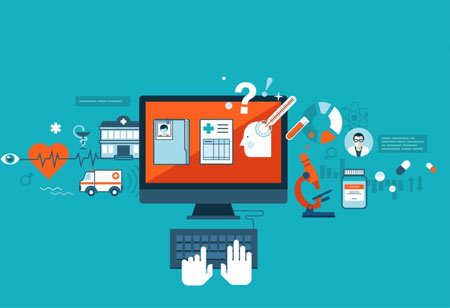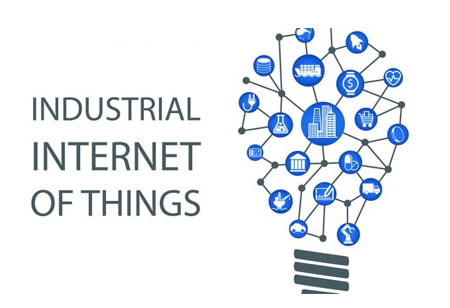THANK YOU FOR SUBSCRIBING
Implementing Unique Technologies to Enhance Physician-Patient Relationship
Technological innovation in medicine takes place in a major area managed by knowledge inequalities and trust-based relationships. A legal framework of professional advice-giving governs these relationships.

By
Apac CIOOutlook | Friday, December 14, 2018
Stay ahead of the industry with exclusive feature stories on the top companies, expert insights and the latest news delivered straight to your inbox. Subscribe today.
Technological innovation in medicine takes place in a major area managed by knowledge inequalities and trust-based relationships. A legal framework of professional advice-giving governs these relationships. It is assumed that this interaction is between patients and doctors. Introducing AI in healthcare challenges this assumption, though there is disagreement about whether human doctors will work with Artificial Intelligence or will be replaced by it.
AI will not replace humans due to unresolved issues in transposing diagnostics. It will assist doctors with accurate information to provide better care to the patients. There is a significant shift in the patient-doctor relationship with the involvement of AI in healthcare.
Consumerization is an emerging phenomenon in healthcare where the role of the patient is changed as a reactive receiver of care. They play a vital role in managing their health, deciding their payment method, and in demanding the quality of service.
Patients can access their medical information in many ways. WebMD website is the leading healthcare information provider where its online portals, mobile platforms, and health-focused publications serve as better healthcare plans for consumers and physicians. Consumers utilize this website because they trust that the answers to the healthcare-related questions are reliable, accurate, and easy to understand.
The advent of wearable devices has enabled many users to measure and track their health parameters such as blood pressure, glucose levels, body temperature, calories intake, and calories burnt. Also, the advancements in mobile and information technology have also enabled the physicians to monitor their patients’ health regularly and proactively alert on deviations in their health patterns, so that they can immediately take necessary actions, thereby leading to improved wellness and healthcare costs. Social media and patient blogs have allowed patients to share their health experience with others and understanding about the illness from their symptoms.
AI has brought advantages mainly in data handling and technical process in healthcare. The adoption of digital health tools will improve practice efficiency, patient safety, diagnostic ability, reduce burnout, and enhance the physician-patient relationship. AI has the potential to bring many enhancements to daily practice by complementing physicians’ activities rather than competing with them.





